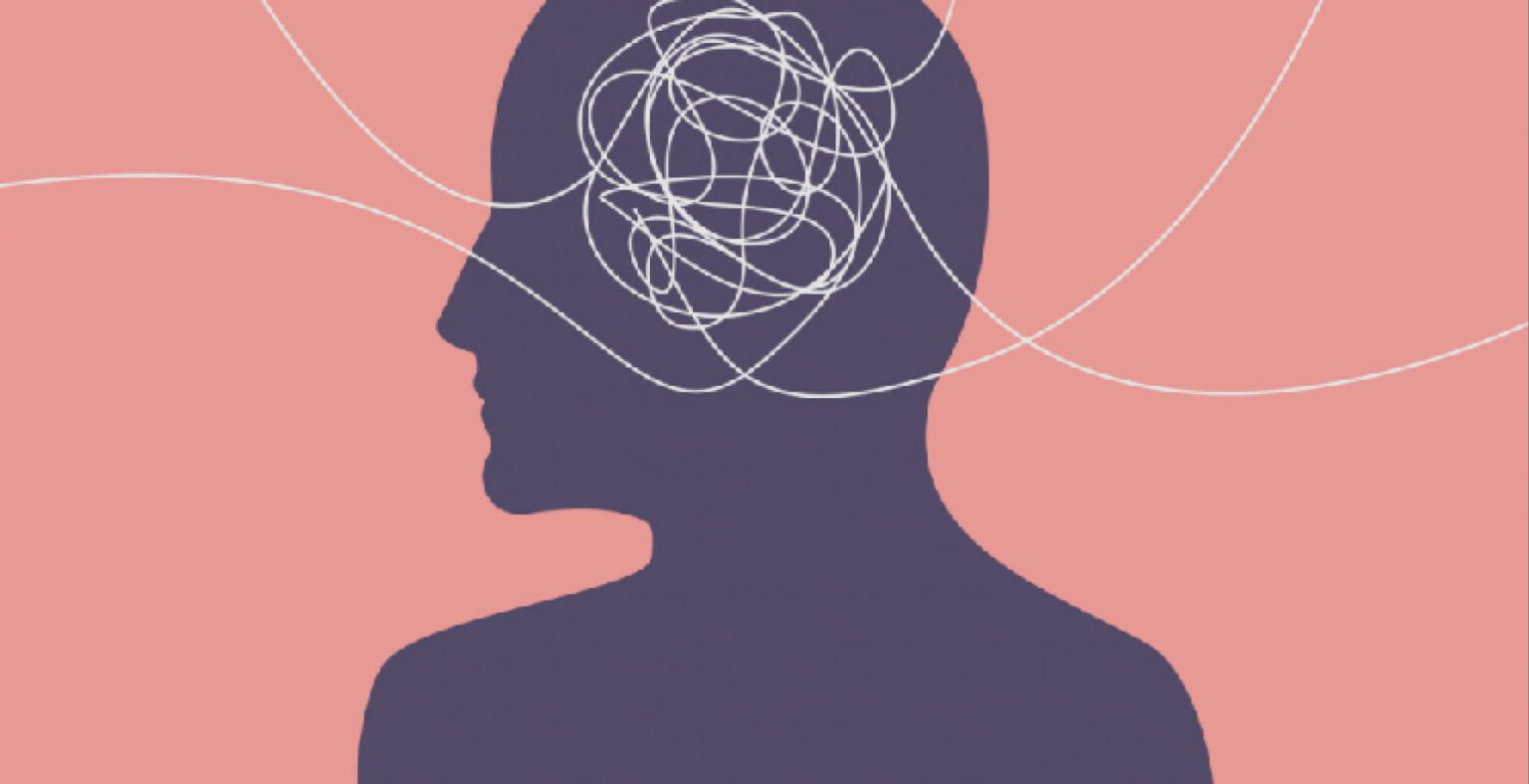According to the Association of Psychiatrists in Nigeria (APN), 60 million Nigerians currently suffer from mental illnesses. This figure could be worse in future if necessary measures are not taken. The disadvantage is that Nigeria is projected to be the world’s most populous country by 2050. With a population of 218 million, knowledge and abilities to boost economic productivity must be maximised. As such, it is necessary to prioritise access to mental health care and increase awareness. Failure will cause Nigeria to lose the benefits of maximising its population dividends. In 2019, a survey by the Africa Polling Institute (API) and EpiAFRIC showed a lack of mental health awareness in Nigeria. Most respondents described mentally ill persons as “people roaming the streets.” The responses exclude depression, anxiety disorders, obsessive-compulsive disorders, schizophrenia, or eating disorders. African myths and beliefs about mental illnesses make an already bad case worse. Africans perceive mental disorders as a result of a spiritual attack. This ignorance means many people may be sick mentally without knowing.
One of the challenges of mental health care in Nigeria is a lack of access to mental health services. APN says only 10% of mentally affected Nigerians can access appropriate care. The few available mental health facilities are located in the metropolis centres. Including mental health care within primary healthcare (PHC) is commendable. The inclusion favours the rural populace for whom PHC is the first point of care and contact. However, efforts to educate the public, many of whom are ignorant of mental health, must be increased. A failure to do this would see the integration of mental health care into the PHCs as a waste. Why include a service no one would use? The government will have to create laws and policies to support this transition. With this, accessibility, affordability, cost-effectiveness, and human rights respect, will be increased….
To read more, check full article on Daily Trust.

